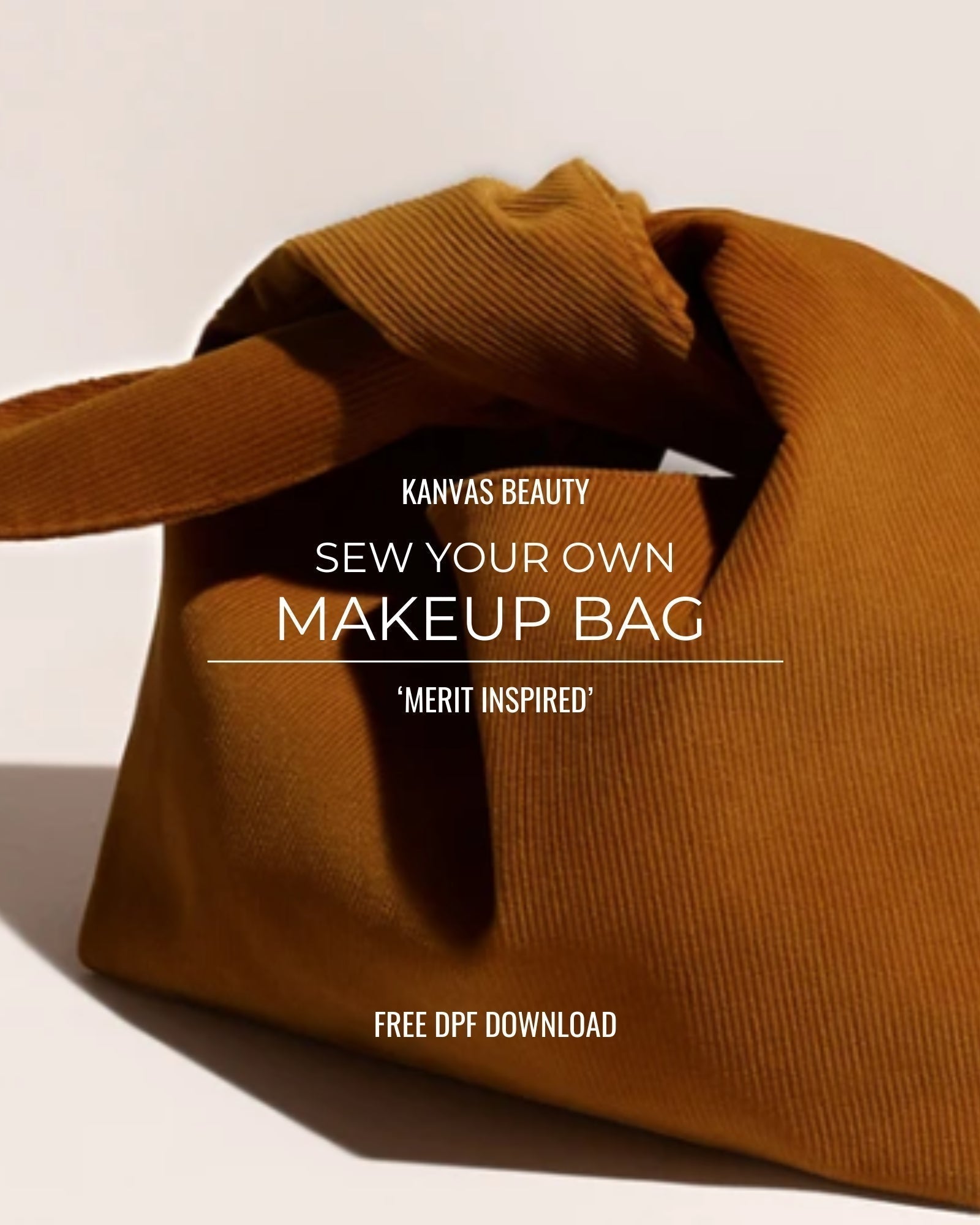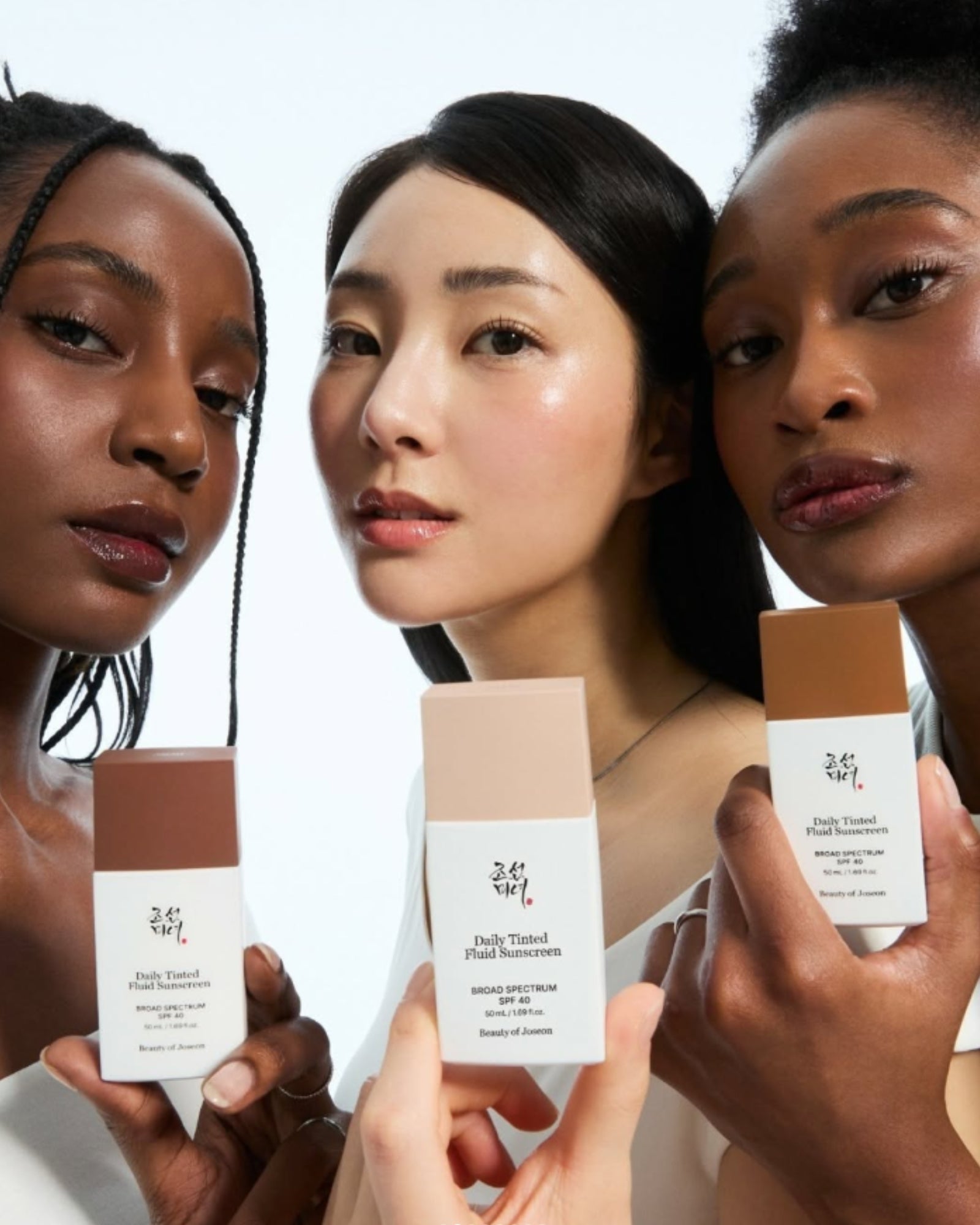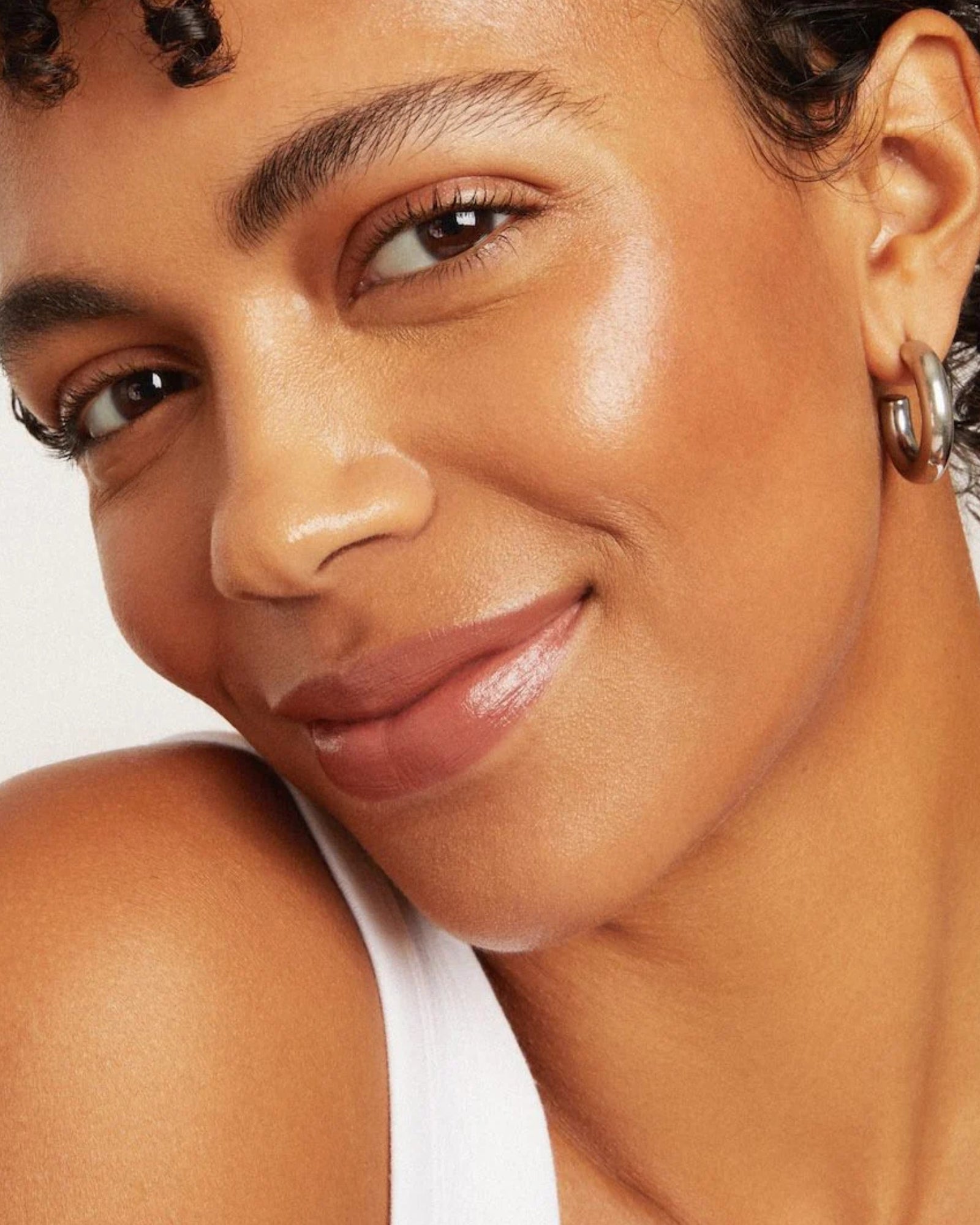Your Cart is Empty
Menu

Learn Your ABPs (AHAs, BHAs & PHAs) + Acid Chart
by Kanvas Beauty October 03, 2020 4 min read

AHAs, BHAs and PHAs are part of the hydroxy acids family, which chemically exfoliate your skin, eliminating dead skin cells and facilitates a high cell turnover rate. The result is a more even skin tone, reduction of fine lines and smoother complexion.
These acids boasts tonnes of benefits including reducing clogged pores and acne, plumping up the skin, wrinkles and fine lines, lightening pigmentation and dark spots and if that's not enough, they also provide your skin with hydration.
As well as enhancing all the other skincare products that you apply (since dead skin cells have been eliminated), these acids are perfect for all skin types including sensitive and dry (rosacea or eczema-prone) skin.
By the end of this article, you will know what AHA, BHA and PHA stands for, what benefits they have for your skin and extra things to note when adding these mild acids to your skincare routine.
Still confused? It's cool! We’ve broken it down and even created an "acid chart" for you (see below).


/ Q&A /
Can I combine these different types of Acids?
Generally, it is possible to combine acids, but you should always consult with a dermatologist who can help you find out what formulas work best with your skin type. Some combinations can clash with one another due to the pH values, causing skin irritation, burning or other skin disasters. In other words, you typically can mix products, but we suggest always checking with a certified professional first.
When mixing AHAs and BHAs with other products, it’s all about carefulexperimentation. However, we suggest not pairing or layering them with Retinol or Vitamin C products to avoid any potential sensitivity issues (unless specified otherwise).
It is also important to note that AHAs and BHAs are chemical exfoliants and work by removing the top layer of skin, which can make you more sensitive to the sun. Who wants to risk damaging their perfectly *renewed* baby-soft skin anyway? So, make sure you're using a high-protection SPF as part of your daily routine like these ones.
Caution with the sun when using Acids!
We strongly recommended using sunscreen when using any of the above acids. exfoliants can make skin photosensitive(i.e. extreme sensitivity to ultraviolet (UV), so a broad-spectrum SPF will help to protect the skin.
It's always smart to use a high SPF as the last step in your morning skin care routine to help protect against UV rays and early signs of ageing, but it is vital when using Acids!
Some people over-exfoliate their skin. Remember too much of a good thing is never a good thing—in the skincare world: less is less and more is more. Too much acids on the skin can lead to sensitive and red skin if your skin is overwhelmed by constantly shedding skin cells. Since these acids exfoliate the skin and eliminate dead skin cells, using too much on a regular basis can cause weak and sensitive skin. Your outer layer of skin (epidermis) protects the deeper layers of your skin and using acids too regularly means fresh, new cells that may not be ready to face the world! Then you have environmental stressors such as air pollution, stress, dirt and more and this weakens the integrity of your skin and reduces its ability to protect itself. Go easy babes! You can't rush good skin and remember: everything in moderation.
How Should I Introduce Them Into My Routine?
While it’s always best to follow the directions as labelled on the product, as a general rule of thumb, if you've never used acids before, it's best to to take it slow, using the product once a week for starters. Taking it slow to see how well your skin adjusts to certain acids will help you gauge whether the product works for you. You can increase usage to 2-3 times a week, but bear in mind that it can also depend on the strength of the formula as well.
In summary
We can say conclusively that AHAs work well on the skin’s surface to exfoliate old, dead skin and reveal fresh new skin; whereas BHAs works deeper and is able to penetrate deeper into the pores to unclog them. PHAs stay on the surface of the skin to slowly eliminate dead skin cell. Now, all that is left to do is to choose which one is right for you and exfoliate your way. We wish you the *best* on your journey to flawless, radiant skin!
Please also see some of our favourite AHA / BHA / PHA products at kanvasbeauty.com.au
Tips + Extras
-
You may apply an AHA or BHA product once or twice a day if your skin allows.
-
You can also apply either of these around the eye area but not on the eyelid or directly under the eye.
-
Apply the AHA/BHA/PHA product after your face is cleansed and after your toner has dried.
-
Once absorbed, you can apply any other product in your routine (e.g. moisturiser, serum, eye cream, sunscreen, and/or foundation.)
-
If you’re using a topical prescription product such as Tretinoin, other retinoids, or any of the topical prescription products for rosacea, consult with your doctor before applying either AHA or BHA.
-
Citric acid: found naturally from citrus fruits such as lemons and limes, it is considered a cross over acid. It can be an AHA or a BHA depending on its formulation and has corrective anti-aging benefits helping to reverse visible signs of sun damage.
Sources:
Image courtesy of Wix / Uplash
Leave a comment
Comments will be approved before showing up.
Also in Kanvas Kult Blog

Kanvas Beauty Makeup Bag Sewing Pattern - Free PDF Pattern
by Kanvas Beauty July 30, 2025 3 min read
Read More
Beauty of Joseon Daily Tinted Fluid Sunscreen Review
by Kanvas Beauty February 13, 2025 5 min read
Our honest Beauty of Joseon Daily Tinted Fluid Sunscreen Review.
Shields like SPF, looks like tint, feels like skincare. That's the tagline of Beauty of Joseon's new Skin Tints and ahhh it sounds so good! We were lucky enough to receive promotional samples from the brand, and here's what we thought (TDLR; it's freaking amazing and we can't wait to stock it).

My Axiology Fungdation Review (with swatches)
by Kanvas Beauty February 11, 2025 5 min read
An honest Axiology Foundation Review.
We saw the promo for Axiology's new mushroom-infused foundation. It's called Fungdation and it looked so good! Kellie couldn't wait to try it. Here's what she thought, as well as pics on how it looks on the skin. TLDR; it isn't for everyone, but which foundation is? If your skin type and texture preference matches the Fungdation profile, you'll never look back.
BROKE AF!? WANT $20 OFF YOUR FIRST ORDER?
BECOME A KULT MEMBER AND JOIN THE PINK SIDE
💗
Join us for even more rewards, discounts, freebies and a special surprise on your birthday!
